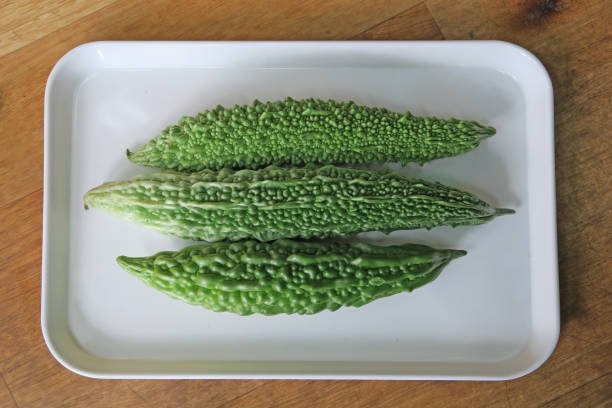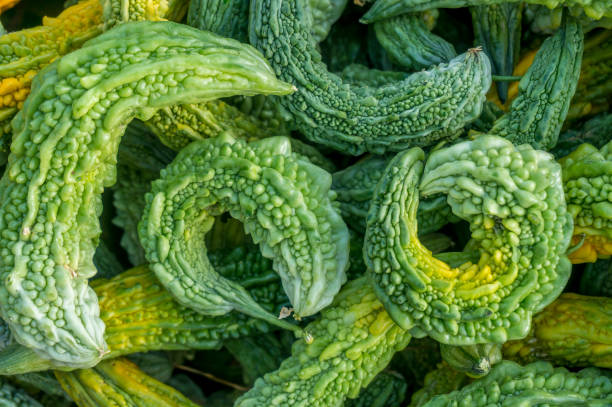Karela, also known as bitter gourd or bitter melon, is a vegetable that is commonly consumed in many parts of the world, particularly in Asia, Africa, and South America. Despite its strong bitter taste, it is considered to be a healthy food due to its high nutritional value and potential health benefits.
Nutritional Value of Karela Karela is a good source of various essential vitamins and minerals. It is rich in Vitamin C, which is an antioxidant that helps to boost the immune system and protect the body against harmful free radicals. It also contains Vitamin K, which is important for blood clotting, and Vitamin A, which is important for maintaining good vision and healthy skin.
Karela is also a good source of minerals such as iron, potassium, and calcium. Iron is important for the production of red blood cells, potassium helps to regulate blood pressure, and calcium is important for healthy bones and teeth.
In addition to these essential vitamins and minerals, Karela also contains a number of other beneficial compounds such as flavonoids, polyphenols, and saponins. These compounds have been shown to have anti-inflammatory, antioxidant, and anti-cancer properties.
Health Benefits of Karela Karela has been used for centuries in traditional medicine for its potential health benefits. Some of the most well-known benefits include:
Blood sugar control: Karela has been shown to have a beneficial effect on blood sugar control in people with diabetes. Studies have shown that consuming karela can help to lower blood sugar levels and improve insulin sensitivity.
Anti-cancer properties: Karela has been shown to have anti-cancer properties. Studies have found that compounds in karela can inhibit the growth of cancer cells and induce apoptosis (cell death) in cancer cells.
Anti-inflammatory properties: Karela has anti-inflammatory properties that can help to reduce inflammation in the body. This can be helpful in managing conditions such as arthritis and other inflammatory diseases.
Weight loss: Karela is a low-calorie vegetable that can help in weight loss. It is also a good source of dietary fiber which is important for weight loss and maintaining good digestion.
Improved digestion: Karela has been shown to improve digestion and prevent constipation.
Improved skin health: Karela is rich in Vitamin A and Vitamin C which are important for maintaining good skin health. It can help to prevent wrinkles, dark spots, and other signs of aging.
Improved heart health: Karela can help to improve heart health by reducing bad cholesterol levels and preventing the formation of clots.
Improved liver function: Karela has been shown to improve liver function and protect the liver from damage.
Improved kidney function: Karela has been shown to improve kidney function and protect the kidneys from damage.
While karela has a bitter taste, it is a highly nutritious vegetable that can provide a wide range of health benefits. It is rich in essential vitamins and minerals, and also contains beneficial compounds such as flavonoids, polyphenols, and saponins. Some of the most well-known health benefits of karela include blood sugar control, anti-cancer properties, anti-inflammatory properties, weight loss, improved digestion, improved skin health, improved heart health, improved liver function, and improved kidney function.
Karela can be consumed in a variety of ways, such as cooked, pickled, or juiced. However, it is important to note that the bitter taste of karela may not be for everyone, and some people may find it difficult to consume in large.

 Home
Home Health
Health Diet & Nutrition
Diet & Nutrition Living Well
Living Well More
More












